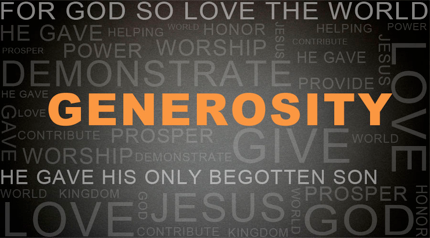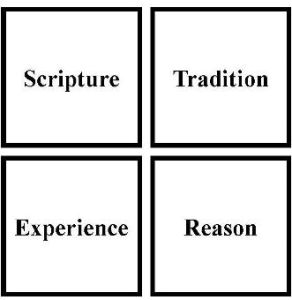Generous Christianity
 Last night I gathered in the living room of a family who I had only met through social media, along side other men and women who were responding the invitation of the CANA Initiative. CANA is a collection of individuals and organizations who are collaborating with one another to develop new ways of practicing a more generous Christianity in the United States. The collective hopes to work to find "new ways of doing theology and living biblically, new understandings and practices of mission, new kinds of faith communities, new approaches to worship and spiritual formation, new integrations and conversations and convergences and dreams."
Last night I gathered in the living room of a family who I had only met through social media, along side other men and women who were responding the invitation of the CANA Initiative. CANA is a collection of individuals and organizations who are collaborating with one another to develop new ways of practicing a more generous Christianity in the United States. The collective hopes to work to find "new ways of doing theology and living biblically, new understandings and practices of mission, new kinds of faith communities, new approaches to worship and spiritual formation, new integrations and conversations and convergences and dreams."
A phrase that was repeated throughout the evening was "generous Christianity". And like any new organization, the language chosen by CANA will be instrumental in getting their message out and received by the larger Christian community. As I sat and listened last night, I pulled out my moleskin and jotted down a few notes that I was to elaborate on in true Wesleyan fashion. What does generous Christianity look like through the Wesleyan Quadrilateral?

To begin, I think it would be prudent to attempt to define what generous Christianity is. On the surface it seems that this pairing of words in our current American climate is an oxymoron. Christians are either for something or they are against it. This is evident in the latest brewhaha stirred up by World Vision. If you are an American Christian you are either FOR same-sex marriage, or you are AGAINST it. Many like to think it's cut and dry. There is no middle ground, and if you do have a middle of the road opinion it's best that you keep it to yourself to avoid being seen as a homophobe by one side or viewed as less than Christian from the other.
A generous Christianity is, in my opinion, a return to the original Gospel message of Jesus shared through His actions and teachings. It has less to do with us and more to do with Jesus. Christ's generosity was most visible through His daily interactions with those on the margins of Jewish and Roman society as well as His disciples. The generosity of Christ was most visible through the simple sharing of a meal or a conversation by a well. This is what I look to when I think of what generous Christianity looks like.
Today I want to focus on the first quarter of the quadrilateral, scripture. United Methodists (are supposed to) look to scripture first and foremost when examining Christian doctrine. In the case of generous Christianity, there is no shortage of scripture that supports a generous outpouring of the grace of God.
First, if you are thinking a generous Christianity means Christians being generous with their monetary gifts, you are right. American, for the most part (I am sure there are plenty of exceptions), when it comes to helping other we like to whip out our check books. Christian's are called to share the blessings bestowed upon them by God, which does includes cold hard cash. Looking to scripture, we find the story of The Rich Young Ruler (Mark 10.17-31), The Widow's Offering (Luke 21.1-4 & Mark 12.41-44), and Jesus' teachings on treasure and serving two masters (Matthew 6.19-21 & 24) to lay the groundwork for being generous Christians through our monetary resources.
But if we are to follow in Christ's ministry, then our generosity needs to move beyond our American definition. We need to begin to look for other ways we can be generous. We need to look to scripture and see where and how Christ acted in generous ways. Christ stood up for those who would be persecuted or killed. The story of Christ stepping in for a woman caught in the act of adultery, and using the situation as a peaceful teaching moment (John 8), is where we should begin to develop our understanding of what generous Christianity is.
Jesus' willingness to sit with, let alone speak with, a Samaritan woman at a well is another powerful example of how generosity can be shown by Christians. During His time, Jews and Samaritans mixed as well as oil and water. This woman was not married and to be approached by a Jewish man would have set off fireworks throughout the community. Jesus steps beyond the social expectations of the time to ask for water, and then offer living water in return. A powerful moment that transformed the life of the woman who was viewed as an outsider to the Jewish community. Christ did not just come for the elect or privileged, and a generous Christianity (if we use our Wesleyan lenses, and look to scripture) does the same also.
A generous Christianity is one that is shaped by the actions and teachings of Christ. Even through Christ's actions there is something we can learn. In order for Christians to begin to return to what it truly means to be generous, the first place we should look for guidance is to scripture.